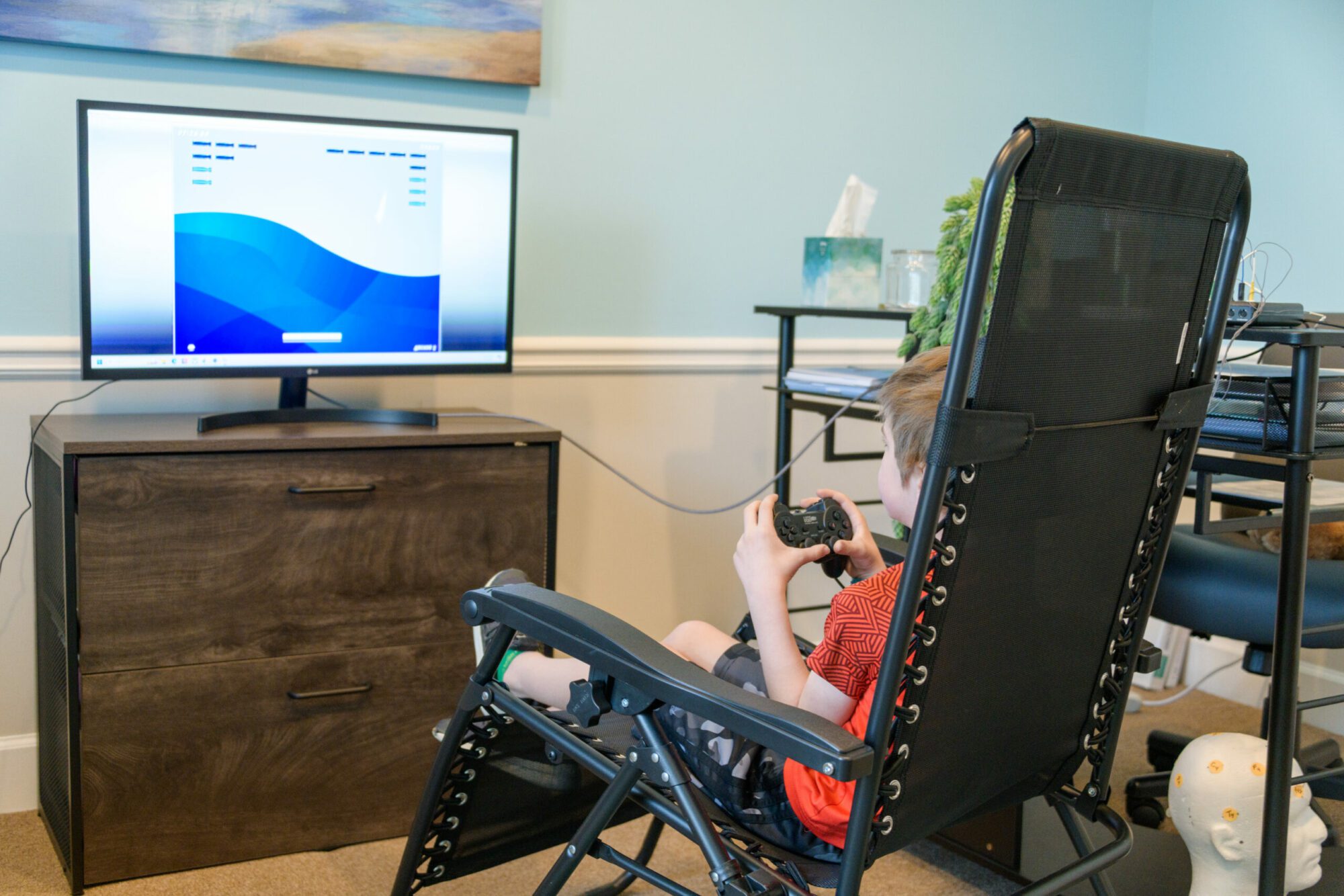In middle school I remember many parties where we entertained ourselves by playing the game “Honey if you love me—please smile!” The game consisted of the person who was “it” going around the circle repeating that phrase in hopes of getting someone to crack a smile—while the circle members did their best to resist. Though simple, a good deal of strategy was employed in choosing the circle member to approach—who giggles the easiest? Who can’t resist laughing at a funny voice? Who will lose their cool if I’m 2 inches from his or her face?
As we approach Valentine’s day and our thoughts turn towards the relationships in our lives I wonder how many out there are playing “Honey if you love me—please smile!” on a day-to-day basis? I don’t mean playing games with those you love, but rather trying to identify and manage the emotions of those close to you. This is different than noticing when a friend or loved one is feeling up or down and responding accordingly, instead I mean when the focus is primarily on the other person to the neglect of noticing your own emotions.
Sometimes when a child grows up in a home full of chaos, perhaps due to a parent struggling with addiction or active abuse in the home, he or she learns to read the emotions of the adults in the family and seeks to manage their emotions. This is a self-protective coping mechanism which can be vitally important at the time—if the child’s father is drunk when he comes home, for instance, the child needs to be able to sort out whether it is safer to stay out his way or engage and placate him. However, the coping mechanisms we rely on in a survival mode, can turn into a hindrance once we are in safe and healthy relationships.
Still, you may wonder how being aware of the emotions of others can hurt. As I noted, it’s ok to notice how those around us are feeling—but does it allow you to not pay attention to your own emotions? Do you ignore your own bad day in order to run over and fix someone else’s? The danger here is not as much being aware of others as allowing that to replace being aware of what you are feeling. When we ignore our own emotions and needs it opens us up to having our boundaries violated, not caring for ourselves when needed, and potentially depression and other mental illnesses. If you find yourself rushing to identify the emotions of those around you, take a moment to consider what you’re feeling at that moment. Can you identify your own emotion? Is it difficult to identify? Do you feel guilty acknowledging how you feel? Those who answer yes, may be struggling with codependent patterns in relationships. Next time we will more closely define codependency and consider another way it shows up—when our caring for others becomes caretaking. See you then!
